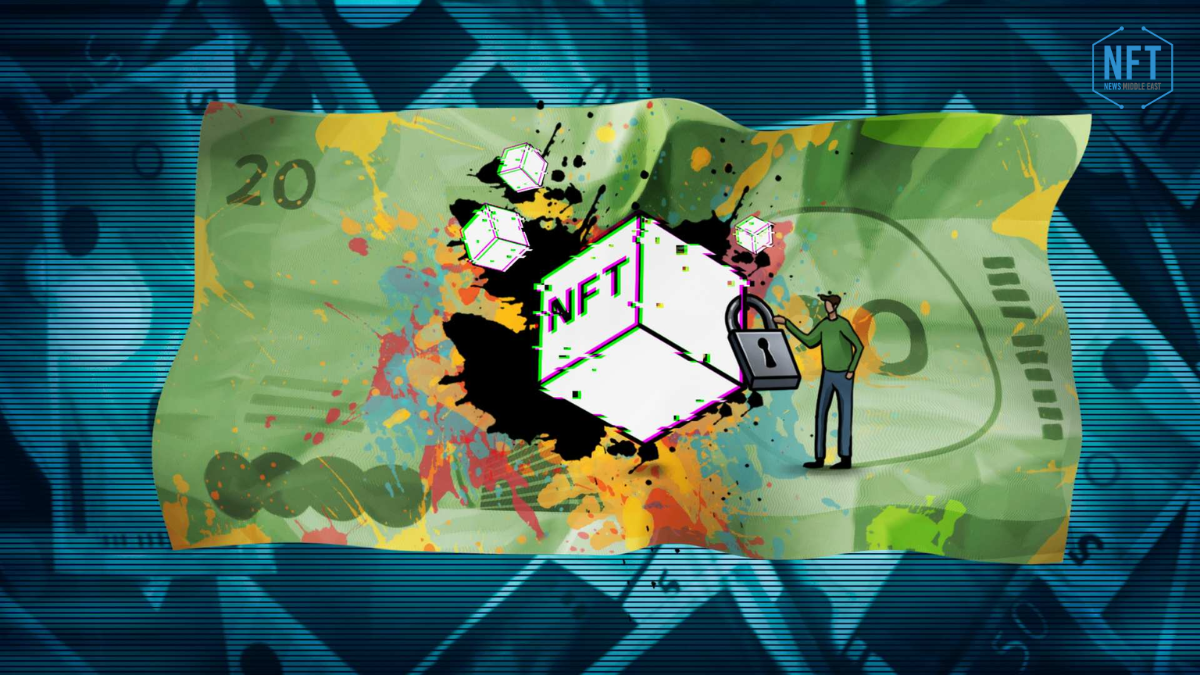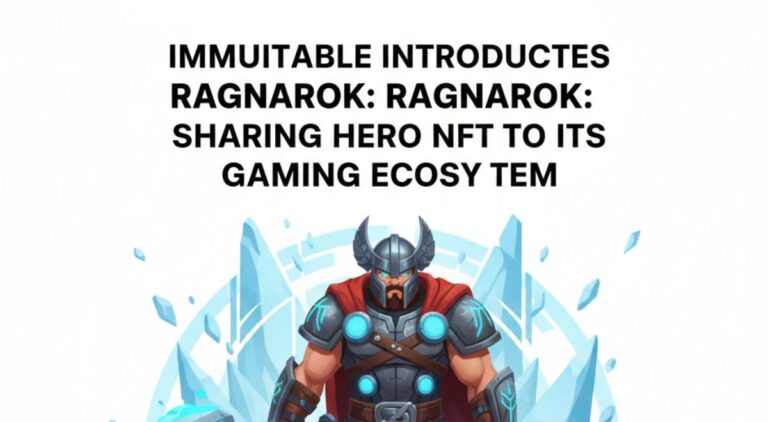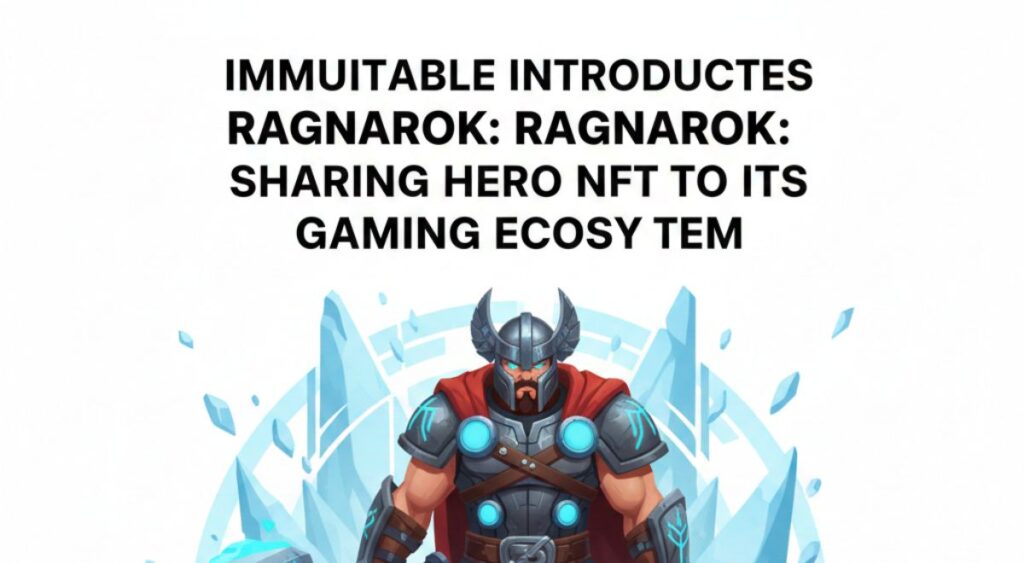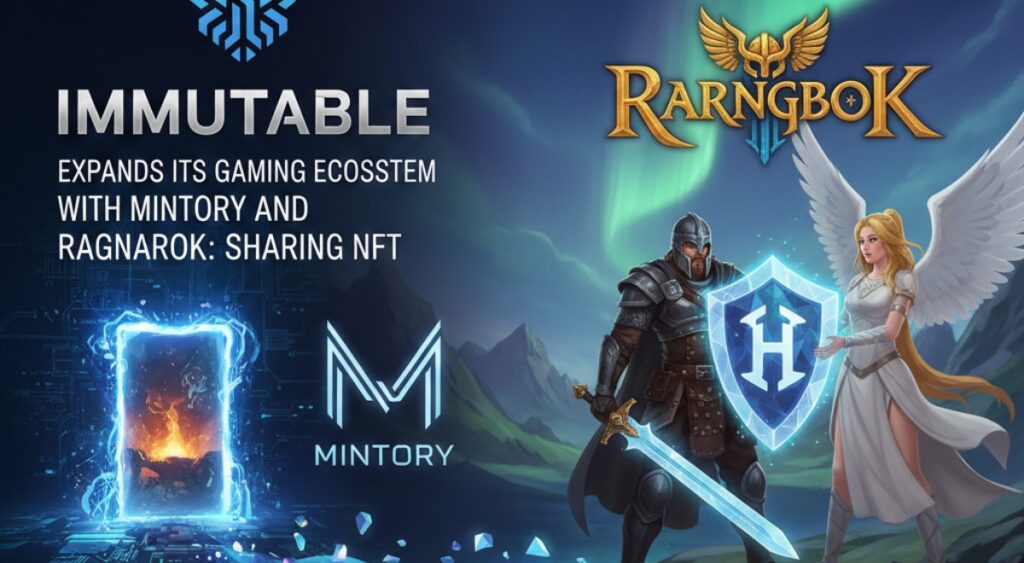Non-Fungible Tokens (NFTs) caught many people’s attention globally in recent years. The Middle East is no exception. NFTs came into the scene about ten years ago. However, it wasn’t until 2021 that they experienced an explosive surge in popularity, becoming mainstream within months.
The sales of NFTs jumped from $94 million in 2020 to $25 billion in 2021. NFT-related activities in the Middle East have been on the rise. Between 2021 and 2022, we saw the birth of various innovative NFT marketplaces. As a result, it has become easier for the general public to purchase, sell, and trade NFTs.
Also, with a rich cultural heritage and a thriving contemporary art scene, the region can be a major player in NFTs and intellectual property (IP) protection in the world.
The Future of NFTs and IP in the Middle East
As you know, the Middle East has a long history of valuing art and cultural heritage. We can see it in the many museums and galleries that can be found across the region. However, the digital age has presented new challenges for protecting and preserving cultural assets, and NFTs may provide a solution.
Traditional handicrafts and calligraphy could be sold as NFTs. This way, artisans can be fairly compensated for their work and preserve traditional crafts for future generations. The contemporary art scene in the Middle East is also thriving, with many talented artists producing innovative and thought-provoking work. However, the lack of a well-established market for contemporary art has made it difficult for artists to monetize their work. NFTs allow artists to sell their work directly to collectors without any intermediaries such as galleries or auction houses.
In addition, NFTs can provide a way to protect the intellectual property of artists and creators. Copyright laws in the Middle East can be complex and difficult to enforce, and NFTs offer a way to create a verifiable and unique record of ownership. This can help to prevent piracy and ensure that artists get fair compensation.
Of course, there are challenges to the adoption of NFTs in the Middle East. The lack of widespread access to technology and digital literacy may make it difficult for some people to engage with the technology. Additionally, there may be cultural barriers to the adoption of NFTs, particularly around the concept of ownership and the value of digital assets.
Despite these challenges, NFTs have the potential to be a valuable tool for protecting and monetizing cultural assets in the Middle East. NFTs could help to ensure that the region’s rich cultural heritage is preserved for future generations. It can do this with its safe and transparent platform that can store and trade digital assets while also providing new opportunities for artists and creators to monetize their work.
Final Thoughts
NFTs in the middle east has certainly opened up new possibilities for creators and artists to monetize their digital creations and protect their ownership rights. This provides a secure and transparent way for the artist to prove the authenticity of their work and receive payment for it.
















